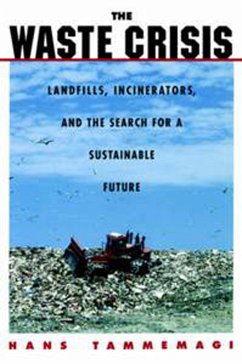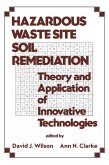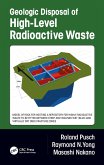As populations continue to increase, society produces more and more waste. Yet it is becoming increasingly difficult to build new landfills, and the existing landfills are causing significant environmental damage. Finding solutions is not simple; the problem is enormous in size, vital in terms of its impact on the environment, and complex in scope. This book provides a vast look at solid waste management in North America and seeks solutions to the waste crisis. It describes the magnitude and complexity of the problem, focusing on municipal wastes and placing them in the perspective of other wastes such as hazardous, biochemical, and radioactive debris. It describes the components of an integrated waste management program, including recycling, composting, landfills, and waste incinerators, and it presents in detail the scientific and engineering principles underlying these technologies. To illustrate both the problems and solutions of waste management programs, the authors provide seven case histories, among them the Fresh Kills (Staten Island, New York), the East Carbon Landfill (Utah), and the Lancaster County Municipal Waste Incinerator (Pennsylvania).
The Waste Crisis is unique in its attempt to analyze waste management in a broader societal context and to propose solutions based on basic principles. And by doing so, it encourages readers to challenge commonly held perceptions and to seek new and better ways of dealing with waste. As such, this book deserves a place on the bookshelf of anyone who deals with or feels the need to confront the growing problems of waste management.
Dieser Download kann aus rechtlichen Gründen nur mit Rechnungsadresse in A, B, BG, CY, CZ, D, DK, EW, E, FIN, F, GR, HR, H, IRL, I, LT, L, LR, M, NL, PL, P, R, S, SLO, SK ausgeliefert werden.









